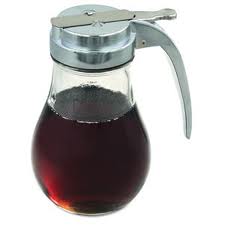Reducing the risks of catching E. coli O157 in the countryside is everyone’s problem, but it’s someone else’s problem according to individuals questioned by researchers.
In one-to-one interviews conducted by the Research Councils UK Rural Economy and Land Use Programme (RELU), researchers found that people believed others should do more to reduce the risk of infection. While  farmers thought that abattoirs should do more to prevent outbreaks, abattoir owners said that farmers should do more through better cleaning of livestock before slaughter, and butchers claimed that meat inspectors could be more effective.
farmers thought that abattoirs should do more to prevent outbreaks, abattoir owners said that farmers should do more through better cleaning of livestock before slaughter, and butchers claimed that meat inspectors could be more effective.
In a survey of over two thousand rural residents and visitors, around 45 per cent of all respondents thought that health authorities as well as central and local government should be taking more action to protect the public. But the researchers say that E. coli O157 infection isn’t a problem that is easily solved, and the most effective way of addressing it would be for everyone to adopt behaviors and strategies to reduce risks.
It’s that farm-to-fork thing.

.jpg) kitchens will now have to label their products with ingredients, contact information and submit their recipes for testing to help ensure better safety.
kitchens will now have to label their products with ingredients, contact information and submit their recipes for testing to help ensure better safety.